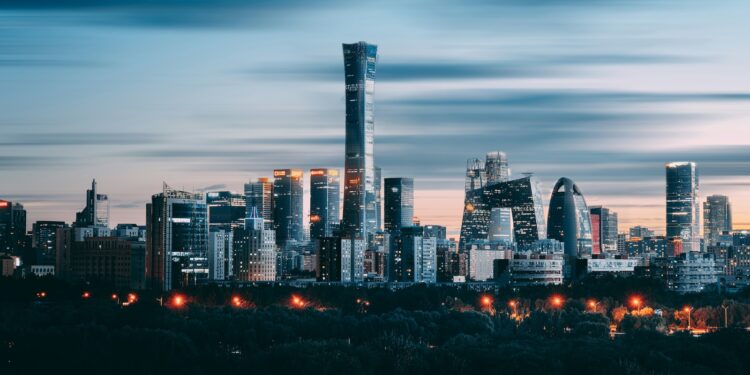Apple is in a dilemma. The company wants to become less dependent on China and build more iPhones in India. The idea sounds logical: diversify, minimize risks, and operate with greater political independence. But implementation is more difficult than expected. China is resisting and deliberately blocking parts of Apple's plans.
The fact that Apple has predominantly assembled its iPhones in China has long been an advantage: well-established processes, experienced suppliers, and low production costs. But the trade conflict between the US and China has changed the situation. Apple's proximity to China is increasingly perceived as a weakness – including by the stock market. Therefore, Apple is now pursuing the goal of shifting a large part of its production to India. What seems like a logical step is fraught with many hurdles in practice.
Apple plans to shift half of iPhone production from China
Apple currently produces around 20 percent of its iPhones in India. This share has grown in recent years, but it is not enough for Apple. According to a report by The Information, Apple plans to shift up to 50 percent of iPhone production out of China in the long term. India plays a key role in this. The reason is clear: Apple no longer wants to be so dependent on political decisions in China. Collaboration with Indian partners and the expansion of existing factories – for example through Foxconn – are part of this strategy. Foxconn, a Taiwanese company, produces the majority of Apple's iPhones and already operates factories in India.
China hinders the export of production machinery
The problem: China isn't cooperating. According to the report, Apple has already tried several times to bring important machinery and production equipment from China to India. However, the Chinese authorities systematically delay or block these exports – often without justification. One specific case shows the extent of this blockade. At the beginning of the year, a Chinese supplier to Apple wanted to deliver machinery to India to begin test production of the iPhone 17. However, the authorities refused to grant an export license. The supplier then founded a shell company in Southeast Asia, purchased the machines through this company, had them delivered there, and from there transported them to the Foxconn factory in India. A detour that clearly shows how complicated the situation is.
Approvals now take months instead of weeks
This isn't an isolated incident. People involved in iPhone production report a general tightening of the situation. Approvals for exporting production equipment used to take two weeks. Now, it's up to four months. And some applications are being rejected without explanation. These delays hit Apple hard, slowing its expansion in India and making production planning unreliable. China doesn't seem to want to give up its role in Apple's supply chain without a fight (via The Information).
What is behind it – and who benefits from it?
The report also raises the question of whether Apple is deliberately using this information to exert pressure. If the media and the public learn that Apple is trying to separate from China – and that China is actively preventing this – this could mobilize political support in the US. For example, it's conceivable that Apple might receive more backing from the US government or receive longer-term tariff advantages. From the US perspective, this would be a clear geopolitical win: Apple would shift more production to friendly countries, while China would lose influence. Whether this actually helps is another matter – but the narrative is there.
Strategically correct, practically complicated: Apple's difficult path out of China
Apple is trying to free itself from its dependence on China and build more iPhones in India. But China is actively blocking this process – with long approval times, export bans, and opaque government behavior. The move away from China is strategically correct for Apple, but difficult to implement in practice. How long China can continue to resist this and whether Apple will receive sufficient political support remains to be seen. One thing is clear: iPhone production is no longer a purely economic issue, but a part of global power politics. (Photo by Unsplash+ / ZHENYU LUO)
- Apple now produces one in five iPhones in India
- iPhone 16e puts Apple at the top of the smartphone market




